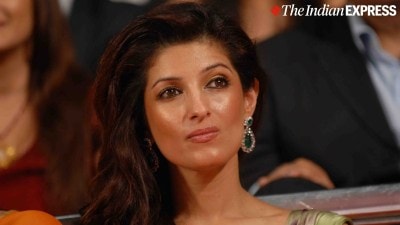BBC adrift after Hutton tempest
The BBC began the week with a confident self-analysis of its role in the death of weapons expert David Kelly 8212; a report on the 8216;...

The BBC began the week with a confident self-analysis of its role in the death of weapons expert David Kelly 8212; a report on the 8216;8216;Panorama8217;8217; programme that sought to live up to its standards of fairness and objectivity. By the week8217;s end, the BBC was facing the gravest crisis in its 82-year history, its future uncertain after an unexpectedly blistering critique from senior judge Lord Hutton forced the resignation of its chairman and director general.
The BBC8217;s status as a self-governing pillar of British life, funded by more than pound;2 billion a year in licence levies, has never been less certain. Its charter is up for review, staff are angry and its independence could be curtailed. Acting Chairman Richard Ryder, stepping in after the resignation of Gavyn Davies on Wednesday, apologised for the BBC8217;s errors in the Kelly affair 8212; a move that if taken when the conflict first erupted might have averted much controversy, and saved the jobs of Greg Dyke and Davies.
8216;8216;I think mistakes were clearly made by the BBC and that8217;s life,8217;8217; said Dyke.
The long-time TV executive took a huge gamble by backing Andrew Gilligan8217;s story that the government 8216;8216;sexed up8217;8217; intelligence about banned Iraqi weapons.
That bet went wrong with the publication of the Hutton report. Lord Hutton excoriated the BBC for nearly every aspect of its operations, from 8216;8216;defective8217;8217; editorial systems to a lack of oversight from the board of governors.
The unexpectedly harsh verdict from Hutton left the BBC without its two top leaders and a damaged reputation.
-Reuters
- 01
- 02
- 03
- 04
- 05































